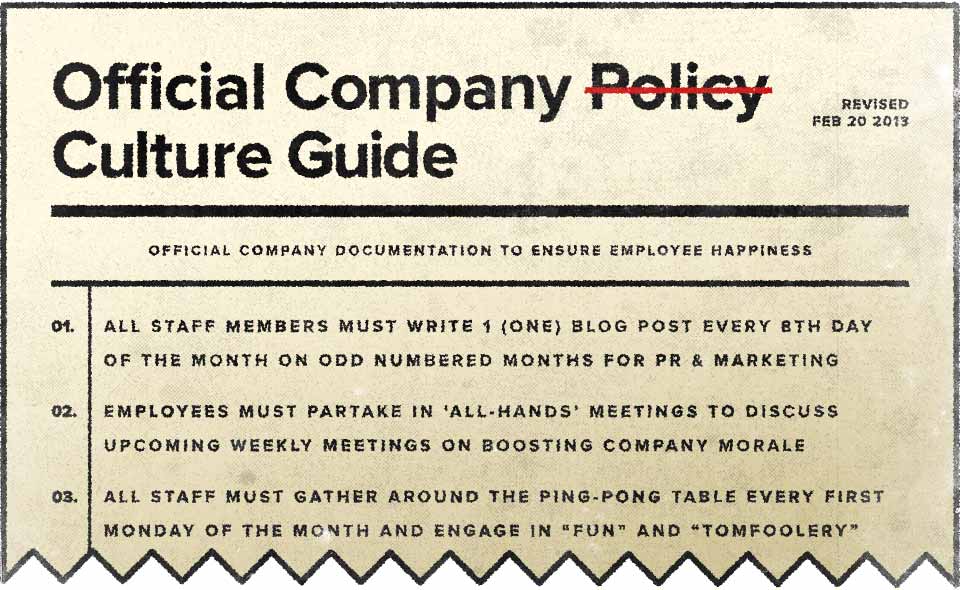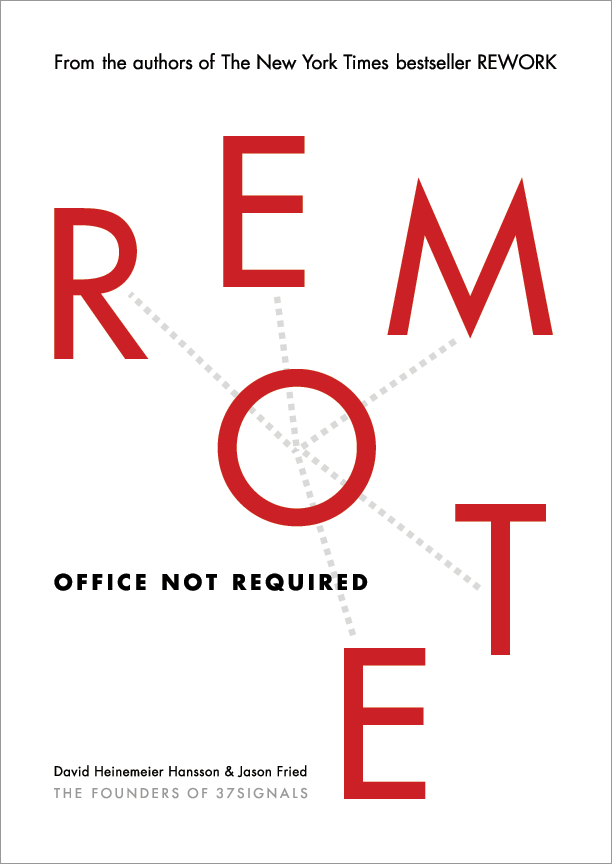Employees at Yahoo have had a rough decade. The company has been drifting aimlessly with little vision, an endless parade of CEOs, and a flatlined stock price. That’s not exactly a conducive environment to be inspired and motivated within, let alone do the stellar work that Yahoo needs to pull out of the rut.
So it’s no wonder that they’ve been suffering from severe brain drain for a long time. But Yahoo is a big company, and there are surely still lots of talented people who don’t want to leave (or can’t)—waiting for better times. Unfortunately, it appears they’ll be kept waiting, if Yahoo’s announcement of “no more remote work” is anything to go by:
Beginning in June, we’re asking all employees with work-from-home arrangements to work in Yahoo! offices. If this impacts you, your management has already been in touch with next steps. And, for the rest of us who occasionally have to stay home for the cable guy, please use your best judgment in the spirit of collaboration. Being a Yahoo isn’t just about your day-to-day job, it is about the interactions and experiences that are only possible in our offices.
The leadership vacuum at Yahoo is not going to be filled by executive decrees issued on such flimsy foundations. Imagine you’re a remote worker at Yahoo and you read that. Hell, imagine you’re any kind of worker at Yahoo and you read that. Are you going to be filled with go-getter spirit and leap to the opportunity to make Yahoo more than just “your day-to-day job”? Of course not, you’re going to be angry at such a callous edict, declared without your consultation.
What this reveals more than anything is that Yahoo management doesn’t have a clue as to who’s actually productive and who’s not. In their blindness they’re reaching for the lowest form of control a manager can assert: Ensuring butts in seats for eight hours between 9-5+. Though while they can make people come to the office under the threat of termination, they most certainly cannot make those same people motivated to do great work.
Great work simply doesn’t happen in environments with so little trust. Revoking the “yard time privileges” like this reeks of suspicions that go far beyond just people with remote work arrangements. Read this line one more time: “please use your best judgment in the spirit of collaboration”. When management has to lay it on so thick that they don’t trust you with an afternoon at home waiting for the cable guy without a stern “please think of the company”, you know something is horribly broken.
The real message is that teams and their managers can’t be trusted to construct the most productive environments on their own. They are so mistrusted, in fact, that a “zero tolerance” policy is needed to ensure their compliance. No exceptions!
Who cares if Jack is the best member of the team but has to live in Iowa because his doctor wife got placement at a hospital there? Or if Jill simply can’t deal with an hour-long commute anymore and wants to spend more time with the kids? With a zero tolerance policy, there’s simply no flexibility to bend for the best of the team, and thus the company. The result is a net loss.
Now imagine all the people who actually have a choice of where they want to work. Does management really think that the best Yahoo employees currently on remote work arrangements will simply buckle and cave? Why on earth would they do that given the wonderful alternatives available to remote workers today? No, they’re simply going to leave, and only those without options will be left behind (and resentful).
Yahoo already isn’t at the top of any “most desirable places to work” list. A decade of neglect and mounting bureaucracy has ensured that. Further limiting the talent pool Yahoo has to draw from to those willing to relocate to Sunnyvale, or another physical office, is the last thing the company needs.
Companies like Google and Apple can get away with more restrictive employment policies because they’re at the top of their game and highly desirable places to work. Many people are willing to give up the improvements that remote work can bring to their life to be part of that. Yahoo just isn’t there. It’s in no position of strength to be playing hardball with existing and future employees.
The superficial trinkets, like a free phone or free meals at the cubicle compound, are simply not going to serve as adequate passage for a zero tolerance work place that’s still fumbling its way out of a haze of disillusion. In fact, it cheapens those initiatives when the things that really matter, like the power of teams to recruit and retain the best, are curbed.
The timing of all this couldn’t be worse either. Remote work is on a rapid ascent, and not just among hot tech companies like Github, Automattic, or thousands of others. It’s been taking hold in supposedly stodgy big companies like Intel, IBM, Accenture, and many others. Worse than simply being late to that party is to try to turn back the clock and bait’n’switch your existing workforce.
Yahoo deserves better than this. It’s one of the classic brands of the internet and it’s painful to see it continue its missteps, especially on something so fool-hearted as trusting its employees and attracting the best talent.
But if recent history is any guide, I guess Yahoos without options to leave can console themselves with the fact that the average CEO term in the past six years has been a mere one year. So the odds are good that a new boss will be in place within long.
Interested in learning more about remote work? Checkout our upcoming book REMOTE: Office Not Required. It details all our lessons from more than a decade working remotely along with those from the growing list of other companies reaping the same rewards.





